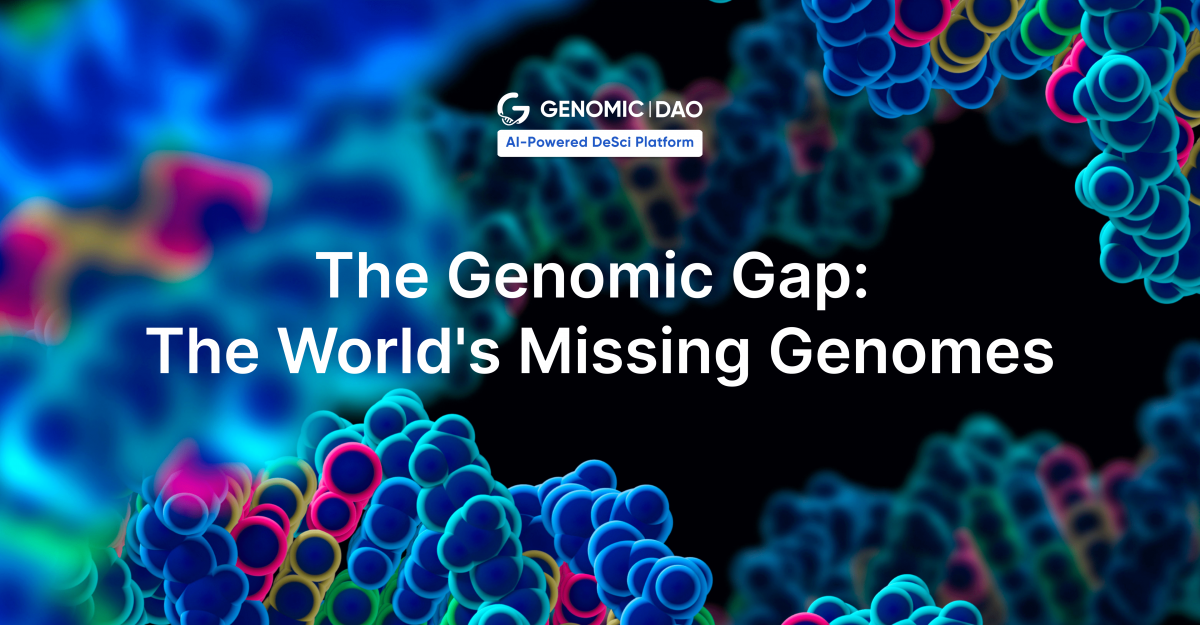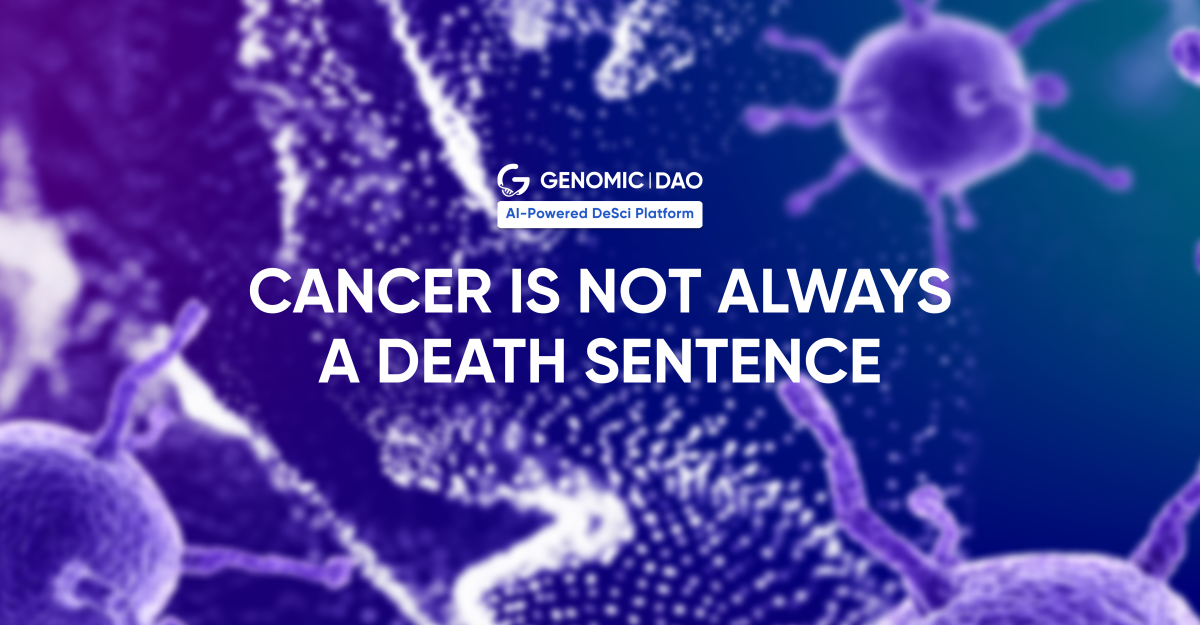
Scientists have made great progress in understanding the human genome, but most of the planet's genetic information is still unknown. This "genomic gap" could worsen existing health disparities globally.
The search for the secrets of the human genome has made enormous strides, but why are we missing the genetic information of most of the planet? Despite the falling costs of genome sequencing, not everyone stands to benefit. The genomic gap, as scientists call it, is a phenomenon that unless addressed, is likely to have wide-ranging impacts across healthcare, exacerbating existing inequalities.
The Problem with Missing Genetic Information
Despite recent advances in genetic sequencing, our understanding of the human genome remains surprisingly narrow. While all humans share 99.9% of their genome, the remaining 0.1% varies significantly from one individual to another and between ethnic groups [1]. Genetic variations can have profound and far-reaching consequences for our health, and differences in the underlying sequence behind a particular gene can affect our ability to process drugs, leading to severe or fatal reactions.
For example, variations in the DPYD gene can cause severe reactions to the commonly used chemotherapy drug fluoropyrimidines [2] [3]. Genetic-sequencing studies have pinpointed four different variants of DPYD that are involved in metabolism and have begun screening cancer patients for these variants before determining their chemotherapy dose. However, all of these studies were done on white people, or "individuals of European ancestry," leaving a significant gap in our understanding of how DPYD variants affect other ethnic groups.
This is just one example of the genomic gap, which, unless addressed, is likely to exacerbate existing health inequalities across the world. While falling costs of genome sequencing have been predicted to usher in a medical revolution that will make treatments more precise and personalized, not everyone stands to benefit.
The Missing Genomes of Entire Ethnic Groups
Genomic research has been predominantly focused on people of European ancestry. As of 2022, 86% of existing genomic studies are based on data collected from white Europeans. There are many reasons for this, including the location of large sequencing projects primarily in the Western world, and the lack of diversity in biobanks. Biobanks, which hold DNA samples for research, have predominantly recruited people from affluent areas, who live close to medical centers, and have health insurance. Racial minority groups, such as African Americans and Latinos, remain understudied despite bearing a disproportionate burden of obesity.
This lack of diversity means that genetic tests can vary wildly in their accuracy from one ethnic group to another. For instance, studies have found that the predictions made by genetic tests are four-and-a-half times less accurate in individuals of African descent than in those of European descent.
Bridging the Genomic Gap
To address the genomic gap, we need to collect medical and genetic information from diverse populations at scale. Biotech start-ups and researchers around the world are working on sequencing the DNA of thousands of individuals across different ethnic groups. For example, 54gene, a Nigerian biotech start-up, launched a groundbreaking initiative to sequence the DNA of 100,000 adults across Nigeria, by far the continent's biggest genome-sequencing effort to date.
Studying populations with many different forms of common genes that have never been analyzed before can give new insights into human biology and help to yield novel drug targets. For example, genetic research on people of African heritage identified that subtle alterations in the code of the PCKS9 gene can have an impact on cholesterol, leading to a new generation of lipid-lowering drugs.
However, genetic research in low-income countries has been coordinated by international teams or global pharmaceutical companies who jet in to gather samples and rarely give much back to the people they have studied. We need more initiatives to be led by local scientists who understand the local culture and can gain the trust and engagement of understudied communities who might be skeptical of genetic science.
Conclusion
The genomic gap is a phenomenon that must be addressed to prevent wider healthcare inequalities. To make genomic medicine more relevant to different ethnic groups and to yield novel discoveries about the human genome that lead to new drugs benefiting all, we need to collect medical and genetic information from diverse populations at scale. By tackling the issues around diversity in datasets, we can reclassify certain gene variants from pathogenic to benign, making treatments more precise and personalized. Improving the diversity of genetic research will also result in doctors no longer using ethnicity to make clinical decisions.
References
- BBC Future. (2021, December 6). The genomic gap: The world's 'missing' genomes. https://www.bbc.com/future/article/20211206-the-genomic-gap-the-worlds-missing-genomes
- England NHS. (2020). DPYD Policy Statement. https://www.england.nhs.uk/wp-content/uploads/2020/11/1869-dpyd-policy-statement.pdf
- Feliu, J., & Safont, M. J. (2022). Genetic-sequencing studies of fluoropyrimidine toxicity. Pharmacological Research, 177, 105071. https://doi.org/10.1016/j.phrs.2022.105071
- BBC Future. (n.d.). Beyond the Genome. https://www.bbc.com/future/columns/beyond-the-genome/
- BBC Future. (2021, April 12). The genetic mistakes that could shape our species. https://www.bbc.com/future/article/20210412-the-genetic-mistakes-that-could-shape-our-species






